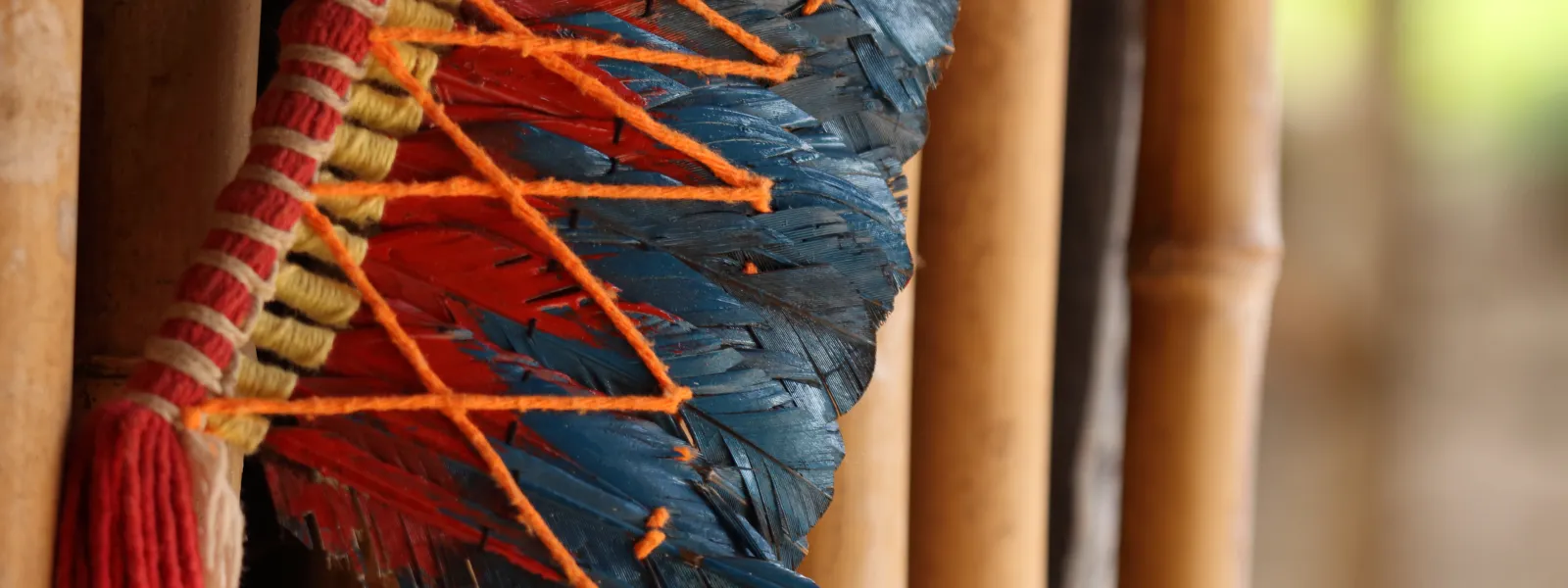
Brazil fails to guarantee health and adequate attention to indigenous peoples during pandemic
The Brazilian health system is on the brink of collapse, directly impacting the healthcare of indigenous peoples, a situation that could quickly become tragedy. There is a clear lack of State capacity to control the spread of the virus in the communities.
The State, through its agencies, has acted in such a way as to deny indigenous identity and reject its obligation to provide specialized care adapted to the customs and traditions of these peoples. SESAI (the Indigenous Health Services) insists on differentiating between care for indigenous people living in villages and those living in urban areas. The methodology used by the State, which differentiates between indigenous citizens and villagers, helps to conceal the real dimension of the calamity being experienced, as well as corroborating the discrimination we are denouncing.
Furthermore, the municipal health units deny the identity of the indigenous people in medical records, declaring them (even in the death certificates) as "pardos" (mestizos).
The rapid spread of the disease among the indigenous peoples of the Amazon is also due to the lack of planning by the federal government to deliver R$600 in emergency aid. Without alternatives for receiving the social benefit, indigenous people are forced to go to the cities and, on their return, risk bringing the virus to their villages. The aid allows indigenous families to buy food and health supplies such as medicine.
The mayor of Manaus said he fears a genocide of indigenous peoples. "It is a crime against humanity that is practiced here in my state, here in my region," Arthur Virgílio Neto said in a video released May 19.
A few facts:
- The municipality with the largest indigenous population in Brazil, São Gabriel da Cachoeira, in the state of Amazonas, has 397 confirmed cases of the new coronavirus as of May 19, according to the mayor's bulletin, published on the afternoon of May 20.
- One hundred and seven indigenous people have died and there are 716 infected in 45 ethnic groups, according to the count as of May 19 by the National Committee for Indigenous Life and Memory.
- The lack of beds in the intensive care units (ICU) of the municipalities of São Gabriel da Cachoeira, Santa Isabel do Rio Negro and Barcelos, makes the indigenous population of this area of the state of Amazonas one of the most vulnerable to the COVID-19 pandemic in the world, warned the Federation of Indigenous Organizations of Rio Negro in a statement published on April 29.
